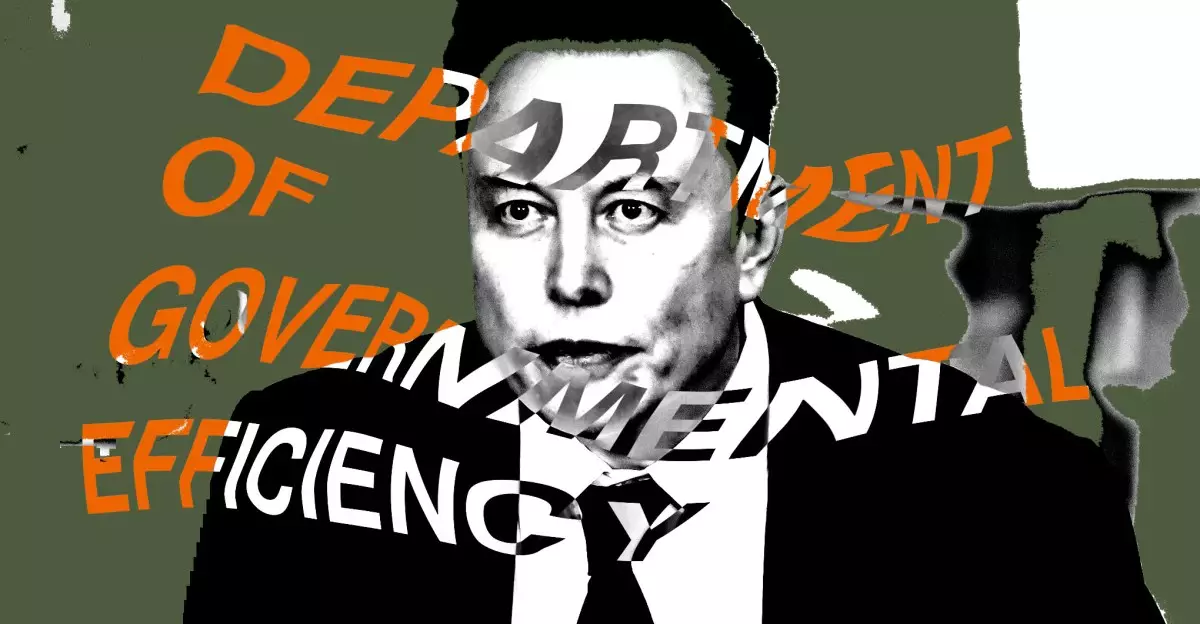The unfolding situation regarding recent email directives sent to federal employees raises significant concerns. On a Friday night, multiple federal workers received a rather unusual message requesting them to submit a weekly list of their accomplishments, prompting widespread confusion and apprehension among civil service employees. This directive, particularly its timing and execution, warrants a thorough examination of its implications for federal employment practices and communication within government agencies.
Elon Musk has been vocal about federal employment practices, recently commenting that a similar email was intended to identify payroll employees who may “no longer be with us.” Such a provocative statement illustrates Musk’s tendency to stir discussions around personnel management and raises alarms about potential misinterpretations of legitimate protocols. His assertion reflects a broader concern about how federal employment policies are evolving and how they may impact job security and employee morale.
The email issued by the Office of Personnel Management (OPM) asked employees to submit a detailed account of their weekly accomplishments by a set deadline every Monday. It specified an unusual caveat for those involved exclusively with classified activities to simply indicate that all their functions are sensitive in nature. The vagueness of this instruction exacerbates the issues of clarity and accountability within government operations, leaving employees uncertain about compliance ramifications and their standing within their respective agencies.
Compounding the controversy, legal experts have expressed apprehensions about potential legality issues surrounding such mandates. Musk’s comment suggesting that failure to respond could be interpreted as resignation raises profound legal questions. In a recent ruling, a federal judge clarified that the OPM lacks the authority to enact punitive measures against employees of other agencies, thereby asserting that the OPM cannot independently terminate federal workers based on ambiguous directives.
The ramifications of these emails extend beyond the individuals who received them. Senator Alex Padilla publicly criticized Musk and the OPM for sending such communications to workers in legislative offices, pointing out that it detracts from productivity and misguides employees into an unauthorized disclosure of sensitive information. This intervention underlines the urgency for clearer and more direct channels of communication in federal employment practices.
The mixed messages surrounding these email communications have led several federal agencies to adopt differing approaches regarding responses. Some have advised their employees against interacting with the email, while others have instructed compliance, creating an environment of uncertainty. This inconsistency can hinder job performance and erode trust in federal communication, suggesting a need for a comprehensive reassessment of how directives are issued and managed across agencies.
The recent email directives reveal fundamental challenges facing federal employment communications. As government entities navigate the complexities of employee accountability and transparency, it is vital that they foster a culture of clear, consistent dialogue. Only with such measures can trust and efficacy be restored within federal operations, ensuring employees feel secure in their roles and responsibilities. Ultimately, the effectiveness of these communication efforts can significantly influence the morale and performance of federal workers across the board.


Leave a Reply